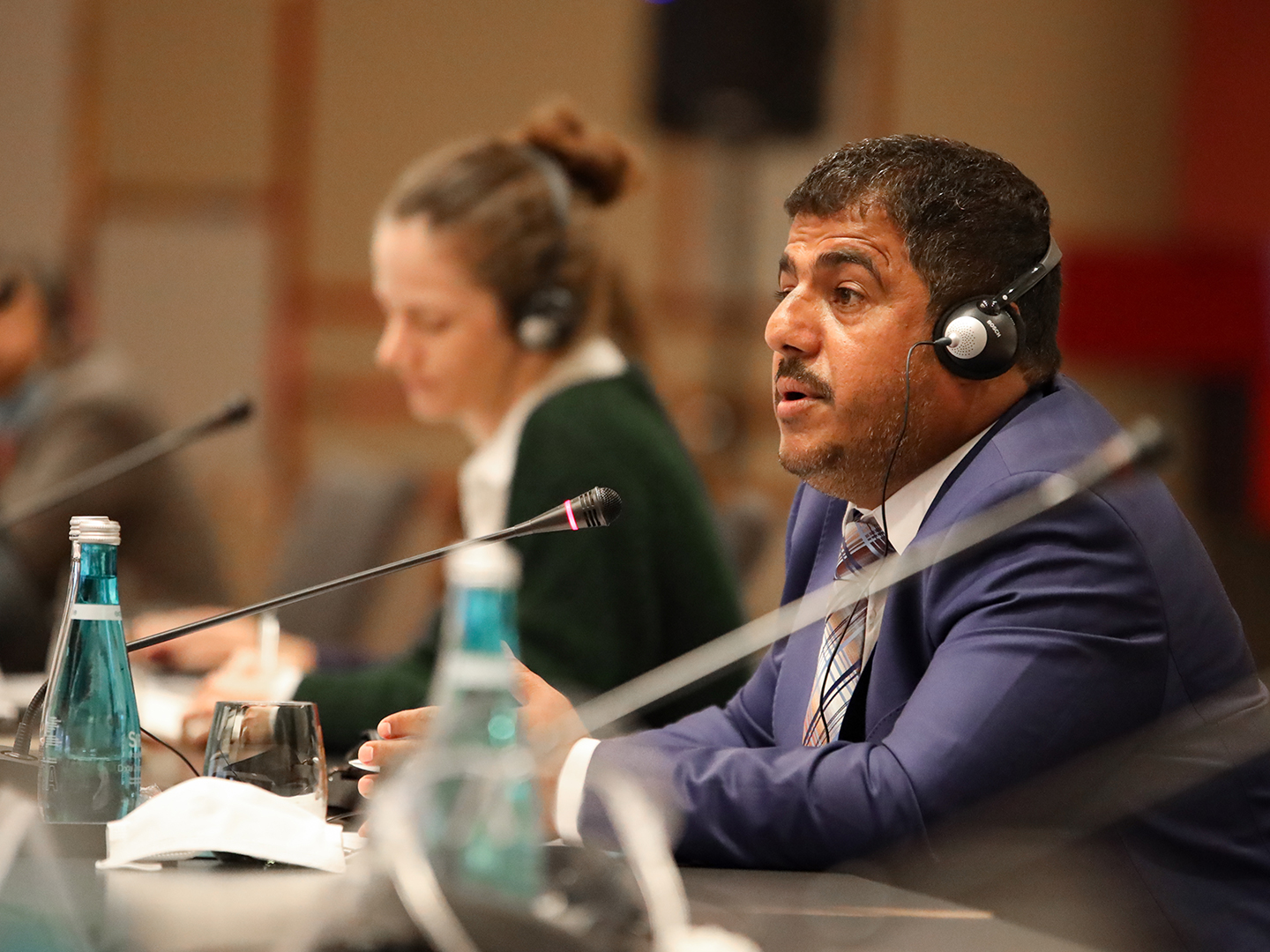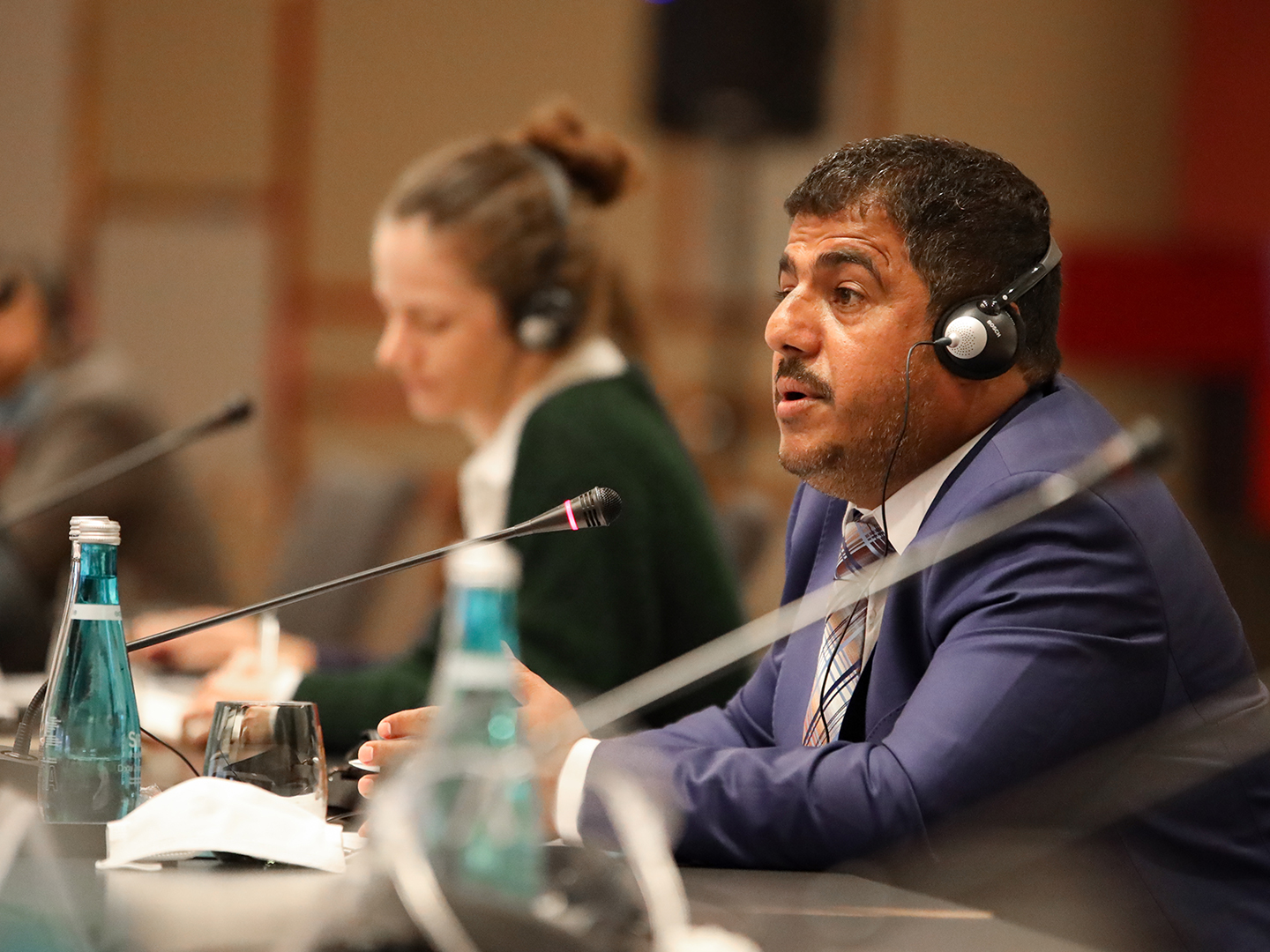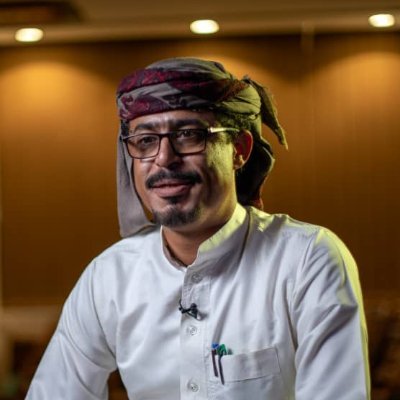In late 2018, the warring parties of Yemen signed an agreement in the Swedish capital, Stockholm, stipulating the exchange of thousands of prisoners under the supervision of the United Nations.
A year later, UN Special Envoy Martin Griffiths and his team have not succeeded in releasing a single prisoner. From the eyes of Yemeni tribal mediators, all the agreement accomplished was the months-long suspension of their prisoner exchange deals.
Sheikh Naji Murait, a 42-year-old tribal mediator from Al-Hayma district west of the Yemeni capital Sanaa, told Almasdar Online English about his efforts to facilitate the exchange of prisoners since late 2015, and how the Stockholm agreement froze his efforts for more than half a year.
Over the past four years, Murait said that he has been able to release some 2,500 prisoners from both sides of the conflict. In December 2018, he was about to complete a big exchange, but the signing of the Swedish agreement hindered his efforts, and the parties refrained from responding to him on the pretext of their commitment to the agreement. "It was seven months until we were able to resume facilitating exchanges," he said.
The Stockholm agreement, signed Dec. 13, 2018, provided for "the release of prisoners and abductees from all parties." Subsequent meetings were held to discuss how to carry out the swap in Amman, Jordan, during which lists were exchanged identifying some 15,000 prisoners. But the process has been repeatedly stalled.
“We were optimistic about the Stockholm agreement, and we offered our services as local mediators to help implement the transfer of prisoners and abductees and facilitate the logistics,” he said. “But unfortunately, the UN did not exert sufficient effort and pressure to make this important item of the Swedish deal a success.”
Murait believes the reason for the failure of the prisoner file is that Griffiths has not prioritized it, focusing instead on the issue of Hodeidah, the strategic Red Sea port city where an impending battle between Saudi-led coalition-backed and Houthis last year threatened to compound the humanitarian crisis. “The abductees’ file is much less complex than the Hodeidah file,” Murait said, “but they are not interested.”
Griffiths’ spoke of the complexities of the prisoner exchange file in his briefing to the UN Security Council in September, but didn’t mention the topic at his last briefing on Nov. 22.
Murait said the UN envoy’s team has never contacted him and he has never received any request for assistance from any UN organization, despite his record of releasing 2,500 prisoners on his own accord.
"(The UN) have strong and effective means, but they are not like us tribes,” he said. “We have nothing but a serious effort to alleviate the suffering of thousands of families," he said.
The successes of Murait and other local mediators working on the file reflect the influence of local mediation in Yemeni society.
"The United Nations should study the methods of local tribes and mediators and learn from them," Murait said. “If warring parties resort to us and sign an agreement, we do all we can to enforce its implementation–the UN should do the same to respect the agreements it signs.”
The Houthis have detained thousands of civilians in areas under its control and traded them for the release of its own captured fighters by government forces.
"Up to 80 percent of prisoners are released in these types of trades,” Murait said. “This is the reality and it’s necessary to alleviate the suffering of people."
Murait has also mediated the release of Saudi prisoners captured by the Houthis along the border of Yemen's Sa'da governorate and Saudi Arabia.
A mediation he oversaw earlier this year resulted in the release of one Saudi prisoner for seven Houthi captives.
While he would not disclose details about further mediation efforts between Saudi Arabia and the Houthis, he said he had received a request to facilitate similar operations and that they might succeed soon.
Admiration for what Murait and others are doing to heal the war's wounds is evident on his Facebook page. Some consider him a hero.
"I don't post everything I do on my Facebook account, but I will publish some of it,” he said. “I do my part on different fronts and I feel good about what I do, I serve my country and the people, and I get prayers and praise from the families of the abductees and their wives and children.”


